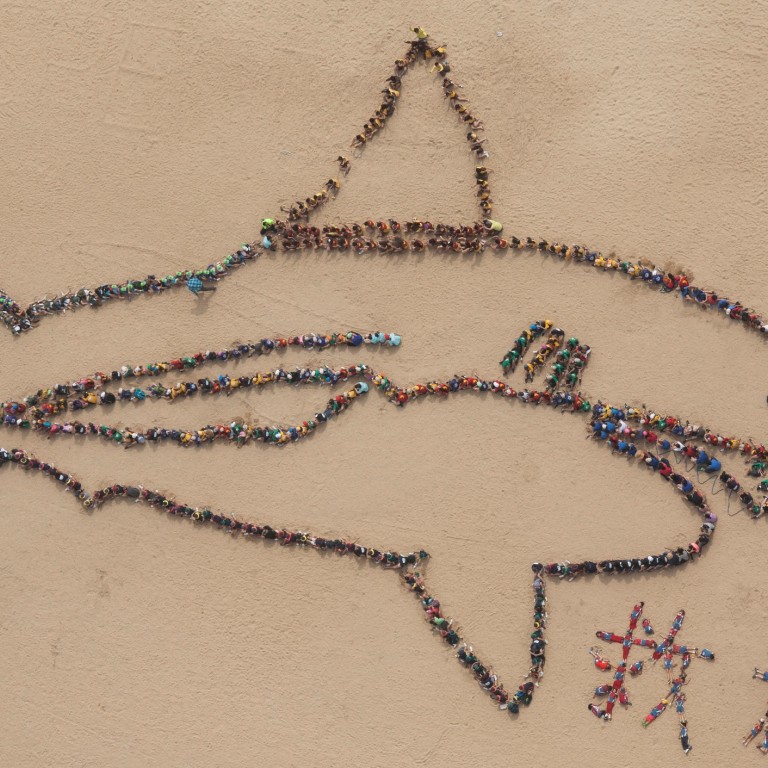
Pew Charitable Trusts launches DNA tracing effort to save sharks
Shark conservationists are tracing DNA to save endangered species and encouraging the establishment of sanctuaries for the predatory fish, according to scientists with The Pew Charitable Trusts.
Shark conservationists are tracing DNA to save endangered species and encouraging the establishment of sanctuaries for the predatory fish, according to scientists with The Pew Charitable Trusts.

"The most accurate way of being able to identify a shark is through DNA," she said.
Members of the convention last year agreed on five species of sharks, including hammerhead varieties and the porbeagle, that from now on will have to be traded with Cites permits with evidence that they have been harvested sustainably and legally.
Hammerheads can grow to as long as six metres and weigh more than 1,500kg, while porbeagles can reach four metres long.
"A quarter of species of sharks and rays are going under; as a community of researchers we are figuring out the best way to move forward," said Demian Chapman, a shark scientist with Pew who studies their DNA. The genetic coding can show the species and where the shark originates, to better focus conservation efforts, he said.
The group has seen 10 shark sanctuaries established, which provide protection for the fish in a country's exclusive economic zone, up to 320km from shore.
The British Virgin Islands last month became the latest nation to declare a ban on commercial fishing of all sharks and rays within its waters. In 2009, Palau in the western Pacific became the first to declare a shark sanctuary.
About 100 million sharks are killed annually, according to a study last year published in
"Our global campaign is very much about how to better manage and protect sharks, so shark sanctuaries are one way of doing it, trying to get controls on the targeted catch of sharks or the incidental catch of sharks is another way of doing it and also dealing with the demand for shark fin in Asia," Zethoven said.

